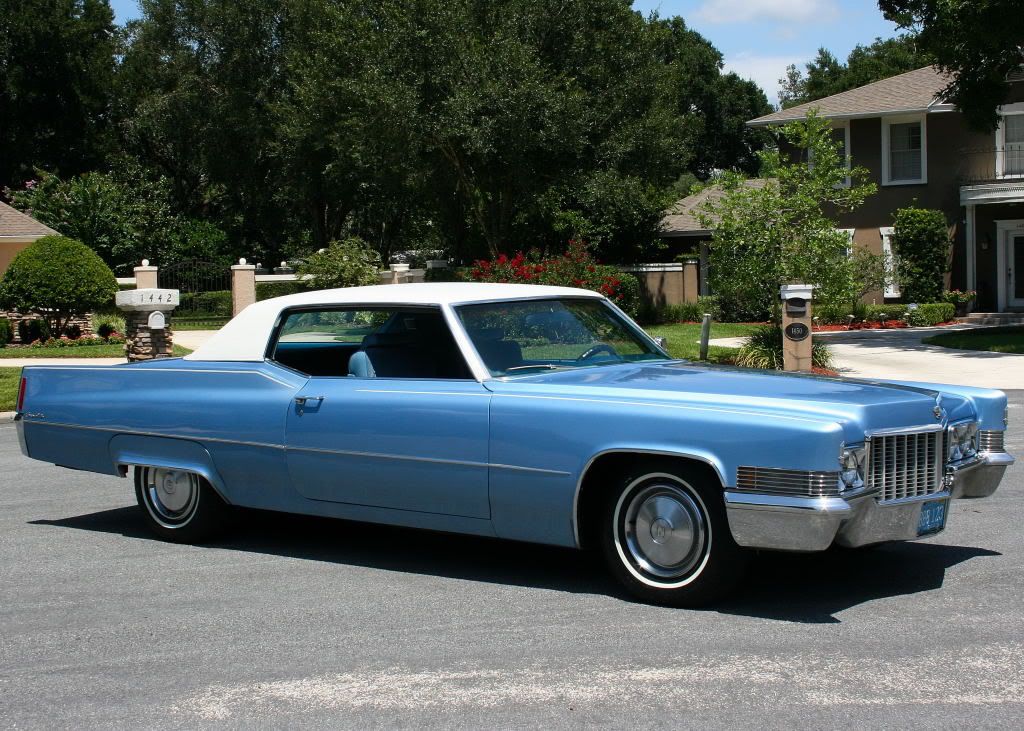
Common, born Lonnie Rashid Lynn, stands as a towering figure in contemporary culture, a true renaissance artist who has seamlessly traversed the worlds of hip-hop, film, literature, and social activism. His journey is not merely a narrative of success but a testament to relentless artistic evolution and unwavering commitment to impact, demonstrating how a singular vision can resonate across diverse platforms. From his early days as an underground lyricist in Chicago to becoming an Academy, Grammy, and Emmy Award-winning polymath, Common’s career offers invaluable insights into sustaining relevance and influence in a rapidly changing landscape.
What truly distinguishes Common is his dedication to authentic storytelling and his willingness to push creative boundaries, regardless of the medium. He has consistently used his platform to explore complex themes, from personal growth and family ethics in his music to challenging social injustices through his activism and film roles. This comprehensive exploration delves into the pivotal stages and defining achievements that have cemented his status as a revered artist and an influential voice of his generation. Understanding his trajectory provides a practical blueprint for aspiring creatives and established professionals alike, illustrating the power of adaptability and purposeful engagement.
This article will meticulously break down the key elements that have defined Common’s impressive career, offering a detailed look at the strategic choices, artistic collaborations, and personal philosophies that have underpinned his enduring success. We will begin by tracing his origins and the foundational years of his musical ascent, examining how he cultivated a distinct sound and carved out a unique space within the competitive hip-hop scene. Prepare for an insightful journey into the mechanisms behind one of modern entertainment’s most inspiring careers.
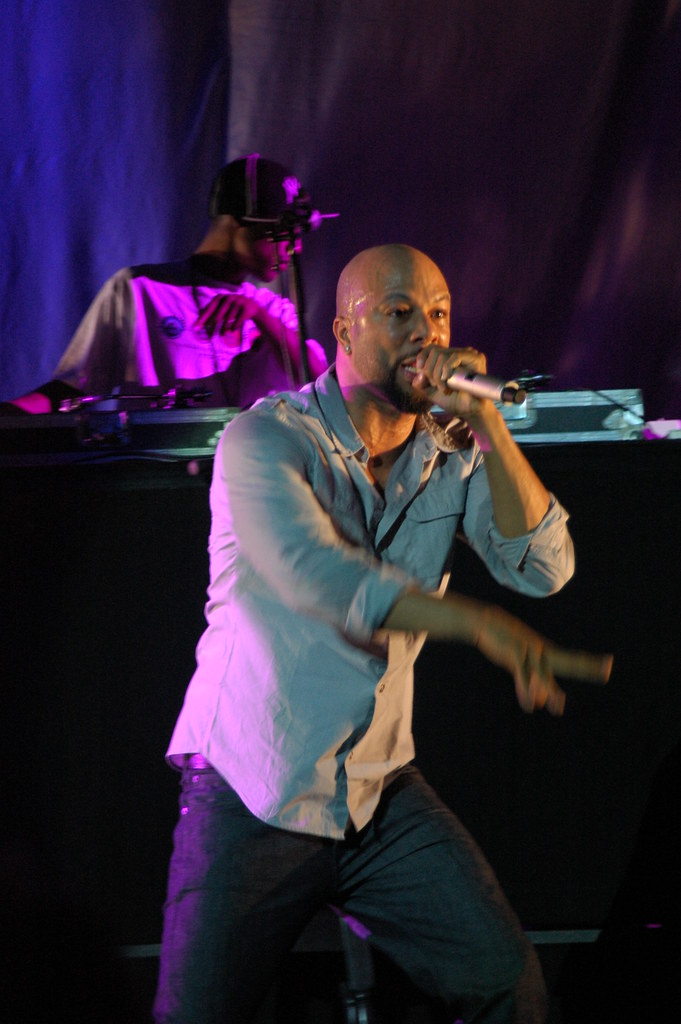
1. **The Genesis of Common: From Lonnie Rashid Lynn to Hip-Hop’s Conscience**Born Lonnie Rashid Lynn on March 13, 1972, at the Chicago Osteopathic Hospital in Chicago’s Hyde Park neighborhood, the artist we know as Common inherited a rich lineage and a keen sense of purpose from his parents. His mother, Mahalia Ann Hines, was an educator and former principal of John Hope College Preparatory High School, while his father, Lonnie Lynn, was a former ABA basketball player who transitioned into a youth counselor. This dual influence of academia and athletic discipline, coupled with an awareness of community engagement, laid a strong foundation for his future endeavors. Remarkably, Lynn shares his first name with his father, grandfather, great-grandfather, and great-great-grandfather, a detail that hints at a connection to lineage and history often reflected in his thoughtful artistry.
Raised in the Calumet Heights neighborhood, Lynn navigated a childhood shaped by his parents’ divorce when he was six years old, which led to his father moving to Denver, Colorado. Despite the separation, his father remained an active presence in his life, even helping him secure a job with the Chicago Bulls as a teenager. This early exposure to professional environments, coupled with a deep family bond — he is known by his middle name, Rashid, to family and friends — provided him with a unique perspective on resilience and personal connection. These formative years instilled a blend of street wisdom and intellectual curiosity that would later become hallmarks of his lyrical style and public persona.
Before fully committing to his musical path, Lynn pursued higher education, attending Florida A&M University (FAMU) for two years on scholarship. He majored in business administration within the School of Business and Industry, a choice that underscores a pragmatic approach to his creative aspirations. This academic background, unusual for many burgeoning rappers of his era, likely contributed to his strategic decision-making throughout his career, enabling him to navigate the complexities of the music industry with a shrewd understanding of its operational facets. His early experiences, from familial dynamics to academic pursuits, meticulously sculpted the multifaceted individual who would become Common.
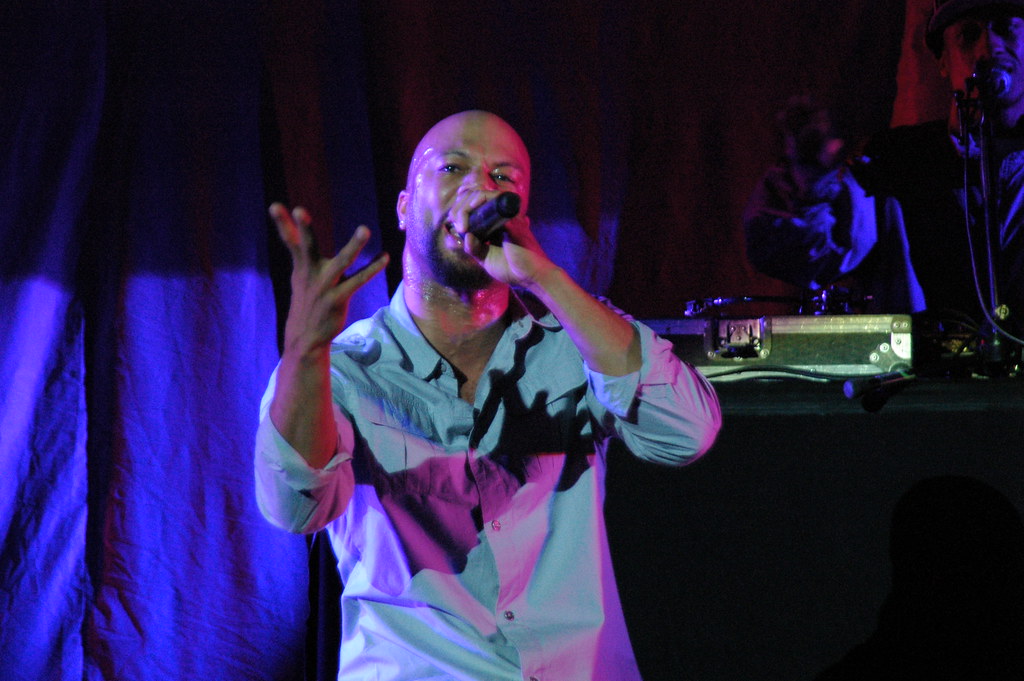
2. **The Underground Architect: Crafting a Legacy with Early Albums and Critical Acclaim**Common’s entry into the hip-hop scene began in the late 1980s while he was still a student at Luther High School South in Chicago. He initially formed a rap trio named C.D.R. with two friends, a group that garnered enough attention to open for notable acts like N.W.A and Big Daddy Kane. This initial foray into performing provided invaluable stage experience and an understanding of live audience engagement. By 1991, as C.D.R. dissolved, Lynn embarked on a solo career, adopting the stage name Common Sense, signifying his thoughtful and articulate approach to rap.
His solo debut arrived in 1992 with the single “Take It EZ,” followed by his first studio album, *Can I Borrow a Dollar?* Released through the independent label Relativity Records, this album marked his official introduction as a solo artist after being featured in *The Source* magazine’s “Unsigned Hype” column. While establishing his presence, it was his sophomore effort, *Resurrection*, released in 1994, that truly amplified his critical acclaim, extending his recognition far beyond the confines of the Chicago music scene. This album began to solidify his reputation as an artist with depth and substance, capable of intellectual lyricism.
*Resurrection* not only sold relatively well but also garnered a strong positive reaction among alternative and underground hip hop fans, cementing his status as a significant voice within that burgeoning subgenre. A crucial aspect of this album’s sound was the almost exclusive production by his long-time partner, No I.D., who would later become a mentor to none other than Kanye West. This collaboration created a distinctive sonic landscape that perfectly complemented Common Sense’s evolving lyrical prowess, marking *Resurrection* as a pivotal work in his early catalog and a foundational text for a generation of conscious hip-hop listeners.
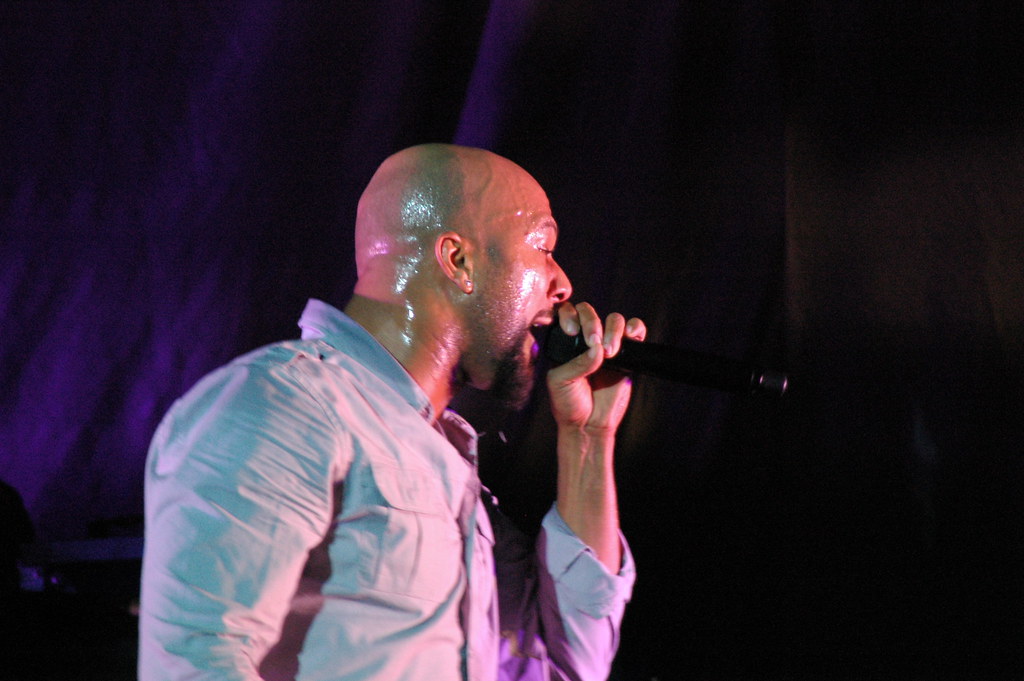
3. **Navigating Hip-Hop’s Currents: The “I Used to Love H.E.R.” Controversy and Name Evolution**The release of *Resurrection* brought with it one of Common Sense’s most iconic and, at the time, controversial tracks: “I Used to Love H.E.R.” This song, a poignant critique of the changing direction of hip-hop music, employed an extended metaphor where hip-hop itself was personified as a woman. While intended as a commentary on the art form’s evolution, some interpreted the lyrics as an indirect indictment of the burgeoning popularity of West Coast gangsta rap, leading to a significant feud that underscored the regional tensions within hip-hop during the mid-1990s.
The West Coast rap group Westside Connection took particular offense, responding in 1995 with their track “Westside Slaughterhouse,” which directly referenced Common Sense by name and contained pointed disses. This explicit challenge prompted Common Sense to retaliate with “The Bitch in Yoo,” a scathing attack song produced by Pete Rock, further escalating the lyrical battle. This back-and-forth exchange highlighted the fiercely competitive nature of hip-hop at the time, where perceived slights were often met with swift and articulate musical responses, solidifying the idea that respect and lyrical supremacy were hard-won achievements.
Ultimately, the dispute with Westside Connection was resolved through a meeting facilitated by Louis Farrakhan, demonstrating a desire for reconciliation even amidst intense artistic rivalry. However, the period surrounding *Resurrection* also brought another significant change: a legal challenge from an Orange County-based reggae band sharing the name Common Sense. This unforeseen legal hurdle forced Lynn to shorten his moniker to simply “Common,” a name that has since become synonymous with depth, integrity, and versatility in the entertainment industry. This forced evolution of his stage name symbolically marked a new chapter in his artistic journey.
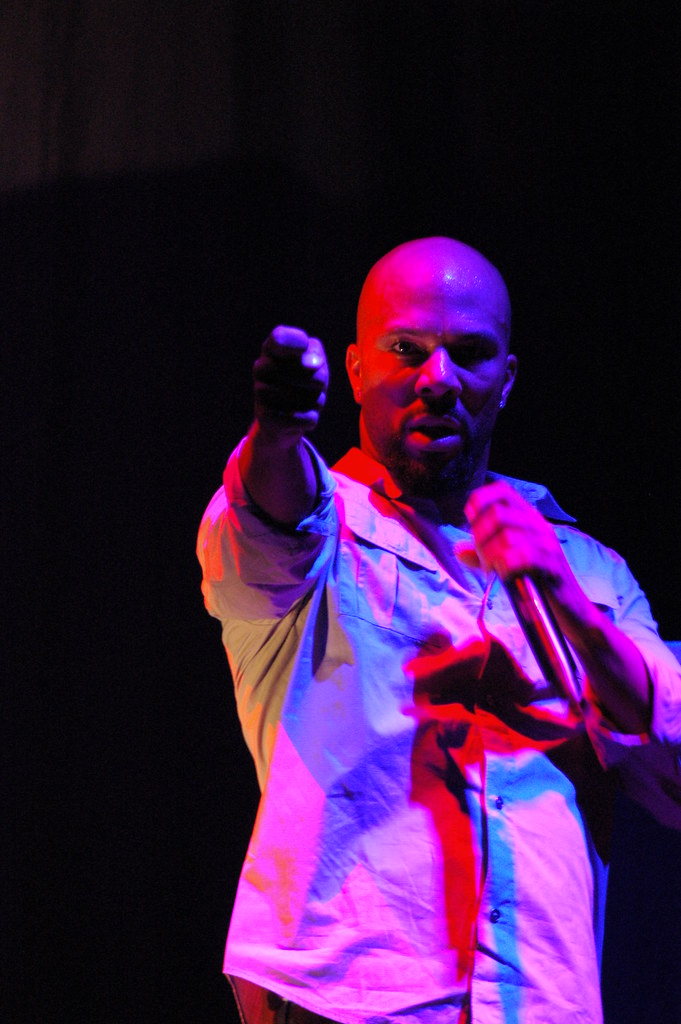
4. **The Soulquarians Era: Artistic Exploration and Mainstream Breakthrough**Following the critical success of *One Day It’ll All Make Sense* and a newly secured major label record deal with MCA Records, Common made a pivotal move from Chicago to New York City in 1999. This geographical shift coincided with his immersion into the vibrant creative ecosystem of the “Soulquarians,” a loose collective of musicians and artists spearheaded by Questlove. This era marked a significant period of artistic growth and experimentation for Common, as he began recording almost exclusively with this influential group, making sporadic guest appearances on projects like The Roots’ *Things Fall Apart* and the Rawkus Records compilation *Soundbombing 2*.
The year 2000 saw the release of his fourth album, *Like Water for Chocolate*, which was met with mass critical acclaim and became a considerable commercial breakthrough for Common. Executive produced by Questlove and featuring significant contributions from J Dilla, this album earned Common his first gold record and greatly expanded his fanbase among critics and listeners alike. The chemistry between Common and J Dilla, both hailing from the Great Lakes region (Chicago and Detroit, respectively), was particularly potent. Their collaboration even led to a shared track, “Thelonius,” appearing on both Slum Village’s *Fantastic, Vol. 2* and *Like Water for Chocolate*, showcasing their deep creative synergy.
*Like Water for Chocolate* saw Common delving into themes and musical styles that were then uncommon for a hip-hop record, such as the homage to Nigerian music legend and political activist Fela Kuti in “Time Travelin’ (A Tribute To Fela).” The album’s most popular single, “The Light,” garnered a Grammy Award nomination, further cementing his elevated status. This period of bold artistic exploration continued with his fifth album, *Electric Circus*, released in 2002. While praised by many critics for its ambitious vision and fusions of hip-hop, pop, rock, electronic, and neo-soul, it was less commercially successful than its predecessor. Its experimental nature divided critics, with some feeling Common had ventured too far from his established sound, marking it as his final release with MCA before its absorption into Geffen Records.
Read more about: Decoding Common’s Journey: Actionable Insights from a Hip-Hop Icon’s Multifaceted Career
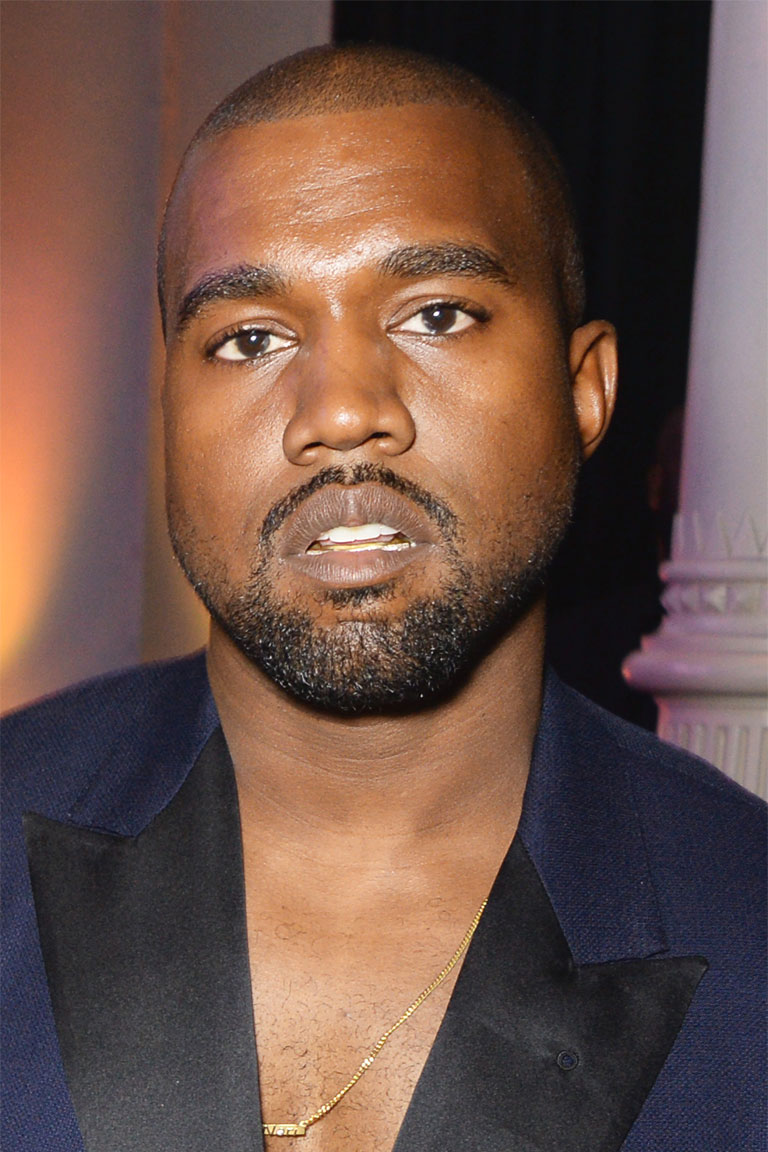
5. **The Kanye West Connection: Elevating to New Heights with GOOD Music**A transformative chapter in Common’s career began in early 2004 when he made a notable appearance on fellow Chicagoan Kanye West’s multi-platinum debut album, *The College Dropout*, on the track “Get Em High.” This collaboration heralded a new phase, as Common soon announced his signing to West’s newly established label, GOOD Music. Kanye West had long been an admirer of Common, even engaging in a friendly on-air MC battle where West playfully critiqued his lyrical idol, highlighting a mutual respect that transcended competition and set the stage for a powerful artistic partnership.
Their collaboration truly blossomed on Common’s next album, *Be*, released in May 2005. This album was almost entirely produced by Kanye West, with additional invaluable contributions from Common’s longtime collaborator James Yancey (J Dilla), who was also a favorite of West. *Be* performed exceptionally well, benefiting significantly from Kanye’s involvement and the strength of singles like “The Corner” and “Go.” It earned Common his second gold record, with sales reaching around 800,000 copies, and received widespread critical acclaim, garnering near-perfect ratings from *The Source* and *XXL* magazines, and securing four Grammy Award nominations in 2006.
Building on this momentum, Common’s seventh LP, *Finding Forever*, was released on July 31, 2007. He continued his fruitful collaboration with Kanye West on this project, while also working with other prominent producers such as Will.i.am, Devo Springsteen, Derrick Hodge, and Karriem Riggins, alongside the sole J Dilla-produced track, “So Far To Go.” *Finding Forever* debuted at No. 1 on the national Billboard 200 charts, a significant milestone. Although it was nominated for Best Rap Album but lost to West’s *Graduation*, Common secured his second Grammy Award for “Southside,” which won Best Rap Performance by Duo or Group in 2008, solidifying the immense success and critical recognition achieved during his tenure with GOOD Music.
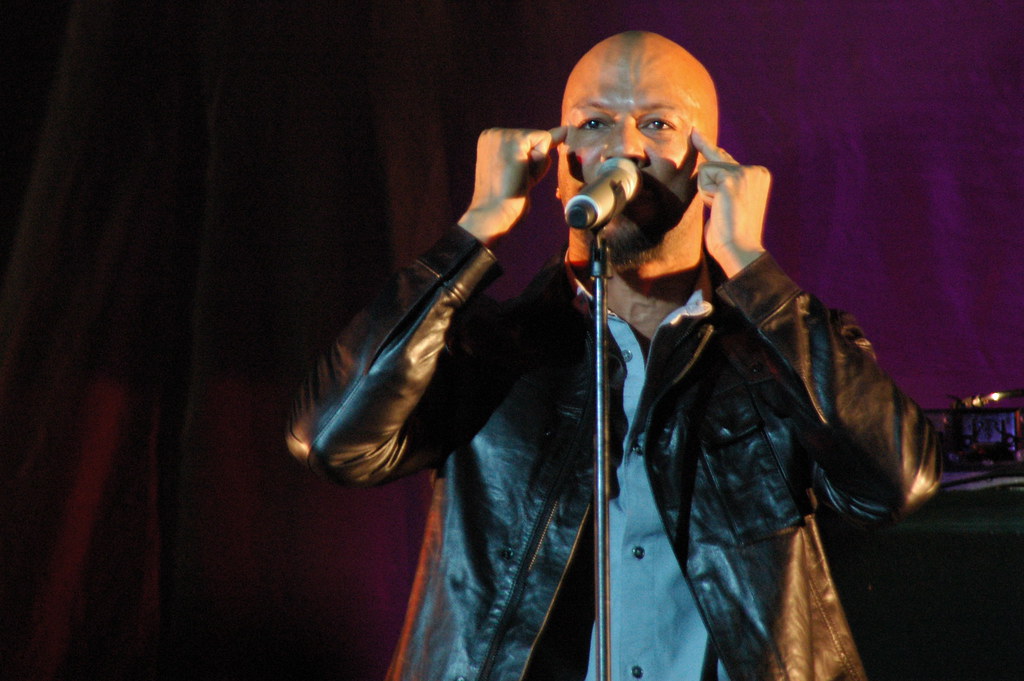
6. **Independent Spirit & Social Commentary: Think Common Entertainment and Later Albums**After the critical and commercial success of his GOOD Music era, Common embarked on a new phase of his career marked by increased independence and a renewed focus on social commentary. His eighth album, *Universal Mind Control*, released in December 2008, while featuring production from Pharrell, was met with a critical decline and served as his final release under the GOOD Music banner. This period spurred Common to take greater control over his artistic and business ventures, leading to the founding of his own label imprint, Think Common Entertainment, in 2011, signaling a strategic shift towards more autonomous project management.
Under Think Common Entertainment, in a joint venture with Warner Bros. Records, he released his ninth album, *The Dreamer/The Believer*, in 2011. Produced solely by No I.D., this album featured singles like “Ghetto Dreams” and “Blue Sky.” Notably, the album included “Sweet,” a track with lyrics critical of rappers who sing. Although not explicitly aimed at Canadian recording artist Drake, Drake took offense, responding with “Stay Schemin’.” Common swiftly addressed the perceived diss with his own response, though he later commented that the feud was “over” and “all in the art of hip hop,” underscoring the competitive but often mutually respected nature of lyrical exchanges in the genre.
This period further cemented Common’s commitment to discussing social issues, a theme that would become increasingly prominent in his later work. His tenth album, *Nobody’s Smiling*, released in 2014 under No I.D.’s ARTium Recordings (an imprint of Def Jam Recordings), was conceptualized around the violence in his hometown of Chicago. Common stated that “nobody’s smiling” reflected the conditions but was also “a call to action,” showcasing his dedication to using his music for social good. Both *The Dreamer/The Believer* and *Nobody’s Smiling* received critical praise, demonstrating his ability to maintain artistic integrity and relevance while tackling challenging societal topics, culminating in his widely acclaimed eleventh album, *Black America Again* (2016), which served as his final release on a major label for that specific catalog.
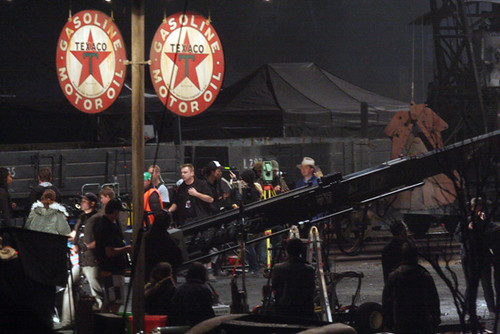
7. **Transition to the Silver Screen: Early Acting Roles and Breakthroughs**Common’s journey into acting wasn’t merely a casual detour; it was a deliberate expansion of his artistic expression, demonstrating his innate ability to connect with diverse narratives. His initial forays into television provided valuable experience and a glimpse into his versatile on-screen presence. Appearing on shows like UPN’s *Girlfriends*, where he played a slam poet named Omar, and a cameo on *One on One* as a drama instructor, he began to hone his craft in front of the camera, showcasing a natural charisma that hinted at bigger roles to come. He even made an appearance on the ABC show *Scrubs*, further solidifying his comfort across various television formats.
His big-screen debut arrived with a memorable role in the 2007 crime film *Smokin’ Aces*, where he portrayed the villainous Mob enforcer Sir Ivy. This performance immediately placed him alongside established actors and marked his impactful transition from music to film. Building on this momentum, he quickly secured roles in other significant crime thrillers, including *American Gangster* with Denzel Washington and Russell Crowe, *Wanted* alongside Morgan Freeman and Angelina Jolie, and *Street Kings* with Keanu Reeves and Forest Whitaker. These early roles established him as a compelling presence in action and drama, capable of holding his own against industry veterans.
Demonstrating a desire to explore a broader range of characters, Common quickly diversified his filmography. He took on a romantic lead in the 2010 film *Just Wright*, playing a basketball player who falls for his physical therapist Queen Latifah, revealing a softer, more endearing side. He also ventured into science fiction with *Terminator Salvation* as John Connor’s lieutenant Barnes, and showcased his comedic timing in the 2010 comedy *Date Night* with Steve Carell and Tina Fey. His appearance in the ensemble drama *New Year’s Eve* further highlighted his versatility across genres, proving his capacity to embody a wide array of roles.
Perhaps one of his most significant and sustained acting commitments came with his role as Elam Ferguson in AMC’s western series *Hell on Wheels*. From 2011 to 2014, Common brought depth and nuance to the character of a recently freed slave navigating a complex post-Civil War landscape. This critically acclaimed role allowed him to delve into long-form storytelling, showcasing his ability to inhabit a character over multiple seasons and further solidifying his reputation as a serious and dedicated actor, capable of driving compelling narratives on television.
Read more about: From Rhodes Scholar to Rebel Star: Tracing Kris Kristofferson’s Unconventional Path to Hollywood Stardom
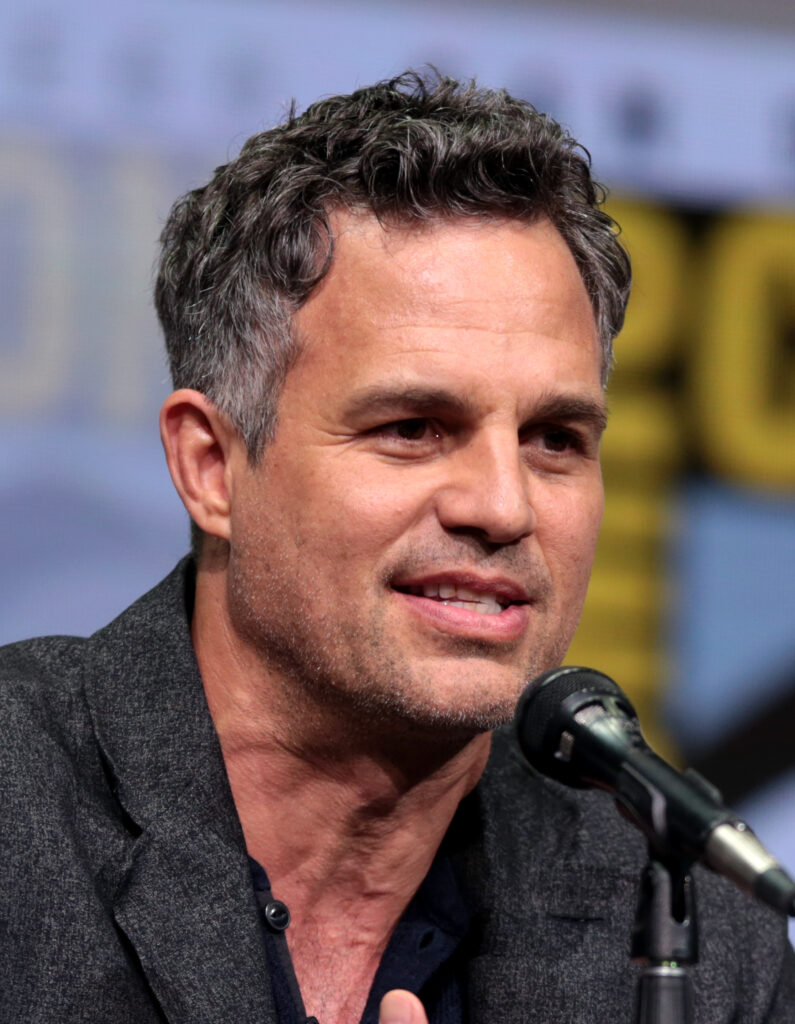
8. **Critically Acclaimed Performances and Award-Winning Soundtracks**Common’s acting career continued to ascend, marked by increasingly complex roles and an undeniable impact on the projects he joined. In 2013, he took on the part of Agent Evans, an FBI agent in *Now You See Me*, alongside an impressive ensemble cast including Mark Ruffalo and Jesse Eisenberg. This role further highlighted his capability in high-stakes dramatic thrillers, demonstrating his cool demeanor and commanding presence as an authority figure on screen, which resonated well with audiences and critics alike.
However, it was his co-starring role as the civil rights leader James Bevel in Ava DuVernay’s powerful 2014 film *Selma* that truly cemented his status as a formidable actor with a purpose. His portrayal was not only historically significant but also deeply moving, adding an authentic layer to the film’s narrative. Beyond his compelling performance, Common also made an indelible mark on the film’s soundtrack. He co-wrote the poignant and uplifting song “Glory” with John Legend, a track that would become a global anthem for justice and equality.
“Glory” proved to be a monumental achievement, earning Common and John Legend the Academy Award for Best Original Song in 2015. This groundbreaking win underscored his exceptional talent not just as a rapper but as a multi-disciplinary artist who could craft compelling narratives across different mediums. The song’s profound message and his powerful performance at the Oscars with Legend resonated deeply, marking a pivotal moment in his career and showcasing his ability to merge his artistic and activist passions into one impactful statement.
Following the success of *Selma*, Common continued to explore diverse film roles, showcasing his range. He played a hitman in *Run All Night* (2015), appeared as a gangster named ‘Monster T’ in the DC Extended Universe film *Suicide Squad* (2016), and reunited with Keanu Reeves as the professional hitman/bodyguard Cassian in *John Wick: Chapter 2* (2017). These roles demonstrated his continued strength in action-oriented cinema, where his physicality and stoic intensity added significant weight to each character, earning him respect in the genre film community. He further solidified his dramatic chops with his breakout performance as Rafe Hines in Eva Vives’s debut feature *All About Nina*, which earned him significant critical acclaim, with *Variety*’s Peter Debruge calling it “easily the strongest of the half-dozen supporting roles he’s had this year.”
Read more about: Zendaya’s Evolution: Tracing a Path from Rising Star to Producing Force, Highlighted by Her 2025 ‘Be My Baby’ Role

9. **Expanding Horizons: Television, Broadway, and Voice Acting**While his film career blossomed, Common maintained a strong presence in television, further diversifying his acting portfolio and showcasing his adaptability across different formats. His acclaimed role as Elam Ferguson in AMC’s *Hell on Wheels* was a testament to his ability to anchor a long-running series with a complex character. Beyond this, he engaged in other notable TV appearances, including starring as the Bouncer guarding the Emerald City in the NBC TV special *The Wiz Live!*, demonstrating his comfort with musical and theatrical productions.
In recent years, Common has expanded his television work even further, notably taking on a supporting role in the Apple TV+ science fiction series *Silo* since 2023. This move into a popular streaming platform highlights his continued relevance and appeal to contemporary audiences, exploring new storytelling genres and reaching a global viewership. His willingness to embrace varied television projects underscores his commitment to continuous artistic growth, ensuring his presence across the evolving landscape of episodic entertainment.
Perhaps one of his most impressive artistic ventures outside of film and music is his successful foray into live theater. In September 2022, Common made his Broadway acting debut in Second Stage Theater’s *Between Riverside and Crazy*. This play, which had previously won a Pulitzer Prize for Drama, provided a powerful platform for him to showcase his acting prowess on stage, earning critical acclaim and proving his versatility as a performer capable of commanding a live audience. This experience on Broadway marks a significant achievement in his multifaceted career, demonstrating his artistic depth beyond the screen.
Common has also lent his distinctive voice to animated projects, expanding his reach to family-friendly entertainment. In 2011, he voiced Seymour in *Happy Feet Two*, bringing his warm vocal tones to the animated world. Later, in August 2017, he began voicing Kiburi the crocodile in Disney Junior’s *The Lion Guard*, a role that further endeared him to younger audiences. His voice acting work continued with the 2018 film *Smallfoot*, where he voiced the character of Stonekeeper. These roles illustrate his versatile performance range, allowing him to connect with an even broader demographic through engaging vocal performances in beloved animated productions.
Read more about: The Unseen Chains: How Contractual Obligations Defined Britney Spears’ Enduring Career

10. **Behind the Camera: Film Production and Entrepreneurial Ventures**Common’s ambition extends far beyond his roles in front of the camera or behind the microphone; he has also actively pursued opportunities as a producer and entrepreneur, demonstrating a strategic mind and a desire to shape narratives from conception. A significant milestone in this entrepreneurial journey was his articulation of a major career goal in a February 2012 interview: to start his own film production company. This vision came to fruition when, on October 27, 2015, he signed a two-year deal with HBO, leading to the establishment of his film production company, Freedom Road Productions.
Through Freedom Road Productions, Common has taken on the crucial role of bringing diverse stories to the screen, reflecting his commitment to meaningful content. In 2016, he partnered with Amazon Studios and American Girl, serving as an executive producer for the direct-to-video feature *An American Girl Story – Melody 1963: Love Has to Win*. This project, centered on a historical narrative, showcased his dedication to producing work that is not only entertaining but also carries cultural and educational significance, aligning with his broader artistic and activist principles.
Beyond film production, Common has successfully leveraged his public image and artistic credibility through various commercial endorsements and modeling ventures. In 2006, he became a model for The Gap’s fall season collection, appearing on prominent in-store posters. He later performed in The Gap’s “Holiday in Your Hood” campaign, further integrating his musical talent with his modeling work. In February 2007, he secured a deal with New Era to promote their new line of Layers fitted caps, and by 2008, he was featured in a television commercial for the Lincoln Navigator, demonstrating his widespread appeal to different brands and consumer demographics.
His entrepreneurial spirit also extended into the tech and fashion worlds. In the fall of 2008, Common appeared in an ad for Microsoft’s Zune, drawing connections between his music and hip-hop pioneers. He was also featured in the Diesel campaign for their new fragrance, “Only The Brave,” showcasing his influence in the lifestyle market. Capitalizing on these experiences, in December 2008, Common launched his own clothing line called “Softwear,” in partnership with Microsoft. This unique venture, based on 1980s computing aesthetics, further exemplified his innovative approach to blending his creative and business interests, solidifying his status as a multifaceted cultural icon with a keen eye for brand building.
Read more about: Beyond the Rhymes: Unpacking the Multifaceted Career and Enduring Impact of Common

11. **The Pen as a Platform: Literary Works and Poetic Engagements**Common’s artistry is not confined to music and acting; his profound engagement with language extends to written word and spoken poetry, establishing him as a respected literary figure. His talent for lyrical storytelling and thoughtful expression earned him a prestigious invitation from then-First Lady Michelle Obama to participate in a poetry reading at the White House on May 11, 2011. This event underscored his standing as a significant contemporary poet, whose work, as noted, was greatly influenced by the profound artistry of Maya Angelou.
However, his poetry and lyrics have not been without controversy. Some of his previous lyrical content, particularly the song “A Song For Assata” about Assata Shakur (a member of the Black Liberation Army convicted of murder), and a reference to “free Mumia” (Mumia Abu-Jamal, convicted of murdering a police officer) at another poetry reading, caused significant furor, notably from the New Jersey State Police and their union. These instances highlighted the potent, often provocative, nature of his politically charged art and his willingness to address contentious social issues.
Responding to the criticism, Common stood by his artistic expression while clarifying his stance. Jay Carney, the White House Press Secretary at the time, acknowledged President Obama’s opposition to those specific lyrics but affirmed broader support for Common’s overall message and what he represented. Common himself responded by saying, “I guess Sarah Palin and Fox News doesn’t like me,” and asserted on Facebook, “The one thing that shouldn’t be questioned is my support for the police officers and troops that protect us every day.” He later discussed the controversy with Jon Stewart on *The Daily Show*, demonstrating his articulate and thoughtful engagement with public discourse.
In September 2011, Common transitioned his storytelling prowess into the literary world with the publication of his memoir, *One Day It’ll All Make Sense*, released through Atria Books. This deeply personal work delves into his life journey, offering insights into his close relationship with his mother, Mahalia Ann Hines, who also contributed by partially narrating the book. The memoir beautifully illustrates how familial bonds and experiences shaped his artistic and personal development, providing readers with an intimate look into the making of the artist.
Building on the success of his first memoir, Common released his second, *Let Love Have The Last Word*, in May 2019. This book further explores personal themes, specifically highlighting his relationship with his daughter Omoye, his romantic relationships, and his ongoing journey to define his perspective on love. Through these memoirs, Common has established himself as a reflective and insightful author, using the written word to share his experiences, philosophies, and the intricate connections that have guided his extraordinary life.

12. **A Voice for Change: Philanthropy and Social Activism**Common’s influence extends far beyond entertainment; he is a fervent advocate for social justice, using his platform to champion causes he deeply believes in. His commitment to ethical living is evident in his vegan lifestyle, making him a vocal supporter of animal rights and PETA. He has appeared in print advertisements for PETA, notably the “Think Before You Eat” campaign, and promoted vegetarianism in the documentary *Holistic Wellness for the Hip-Hop Generation*, embodying his convictions through his daily choices and public endorsements. He is also a prominent figure in the “Knowing Is Beautiful” movement, dedicated to raising awareness about HIV/AIDS.
His political engagement is equally robust and consistent. Common was a key figure in the “Yes We Can” song and video, released in support of Barack Obama’s presidential candidacy in 2008, showcasing his early alignment with impactful political movements. He has continued this support, performing at the 2024 Democratic National Convention and supporting the Kamala Harris 2024 presidential campaign. Furthermore, he has publicly pledged to cease using anti-gay lyrics in his music, reflecting his evolving understanding and commitment to inclusivity within his art and activism.
Driven by a desire to empower future generations, Common founded the Common Ground Foundation, a non-profit organization dedicated to equipping underprivileged youth with the tools to become contributing citizens and strong leaders. The foundation runs various programs focused on leadership development, educational advancement, and creative expression, alongside a book club, fostering holistic growth. In 2014, the foundation inaugurated the AAHH! Fest music festival in Chicago’s Union Park, which, despite a hiatus and a cancellation, aimed to bring community together through music and social awareness.
Inspired by performing concerts in California prisons and at the California State Capitol, Common founded another non-profit organization, Imagine Justice, in 2017. This initiative specifically focuses on criminal justice reform and raising awareness about issues affecting incarcerated populations. During the COVID-19 pandemic in May 2020, Imagine Justice launched the #WeMatterToo social media campaign, collaborating with numerous advocacy groups to highlight the severe threat the pandemic posed to inmates, producing short films featuring incarcerated individuals expressing their concerns, demonstrating his hands-on approach to advocacy.
Common consistently lends his voice to critical social justice events, amplifying the calls for change. He appeared in the award-winning documentary short film *#Bars4Justice*, shot in Ferguson, Missouri, addressing police brutality and systemic injustice. He performed with Andra Day at the opening musical performance for the March for Our Lives anti-gun violence rally in Washington, D.C., in March 2018, and also performed at the 50th anniversary of Martin Luther King’s death in Memphis. These appearances underscore his unwavering dedication to using his artistic platform as a powerful tool for social good, making him a true cultural icon who transcends mere entertainment.
Read more about: Gavin Creel, Tony-Winning Broadway Star of “Hello, Dolly!”, Dies at 48: A Legacy of Talent and Advocacy
Common’s journey is a powerful testament to the idea that artistry can be a profound force for positive change. From the rhythm of his rhymes to the depth of his characters, and from the pages of his memoirs to the heart of his activism, he has meticulously built a legacy that resonates far beyond the confines of any single medium. He is not just an entertainer, but a storyteller, a thought leader, and an unwavering champion for a better world. His multifaceted career, marked by relentless evolution and purposeful engagement, offers an inspiring blueprint for anyone aspiring to make a significant and lasting impact across diverse realms of influence. Truly, Lonnie Rashid Lynn, the man known as Common, embodies the essence of a modern renaissance artist, whose work and values continue to enrich and challenge our collective consciousness.



